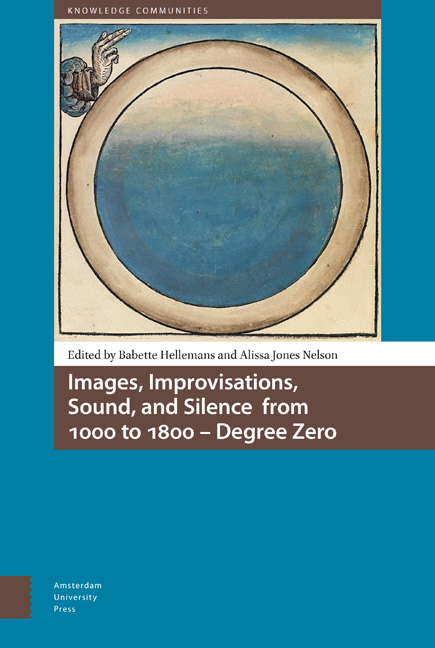5 - Fall and Rise Again
Published online by Cambridge University Press: 11 December 2020
Summary
Abstract
Calling itself a ‘choreographed improvisation’, this chapter connects a series of tactile scenes from canonical texts in medieval literature, including works associated with Chrétien de Troyes, Robert de Clari, Guilhem IX, Jaufré Rudel, and Jean de Joinville. Its main axis follows the thematic interrogation of authorial and readerly contact through the evocation of sensual experience.
Keywords: medieval lyric; touch; breath; embodiment; memory; history of the senses; sensuality in literature; subjectivity
A medieval French proverb says, ‘Fortune est chauve darriere et devant chevelue’ (‘Fortune has a hairy face but is bald from behind’). The meaning is that one can only grab hold of a moment – of potential and opportunity – as it approaches. Hindsight may be twenty-twenty (as the English proverb goes), but the acuity of retrospective vision brings with it no agency. When we talk about improvisation we talk about temporality, structure, and movement. We reference a moment in time when possibility can still be seized fully – when the potential for renewal, presence, and movement must be reached out for and grasped, lest it recede inexorably towards a vanishing point somewhere along the horizon of the past. This is to say that to speak of improvisation is to speak of the potential for agency; to improvise is to reach with fingertips extended towards Fortune's hairy face.
When we talk about improvisation in art and literature, we often think first of the twentieth century and its particular explorations of modernity – surrealism, jazz, or action painting, for instance. In the aesthetics that characterize each of these lineages, the work of art enacts its own foray into becoming. Improvisation becomes both method and subject of artistic production. What happens, then, if we ask about improvisation in medieval literature? On the one hand, nothing could be more central than the mouvance of performance, variation, and adaptation that characterizes the emergence of medieval literary texts in their material forms. So much of the poetic canon of the Middle Ages makes manifest the capture of orality and improvisation in the net of literacy. This observation about literary history is particularly intriguing when it comes to our understanding of troubadour lyrics, such as those that will occupy us in a moment. However, it is not this question that occupies us in this chapter.
- Type
- Chapter
- Information
- Images Improvisations Sound and Silence from 1000 to 1800 , pp. 113 - 130Publisher: Amsterdam University PressPrint publication year: 2018



